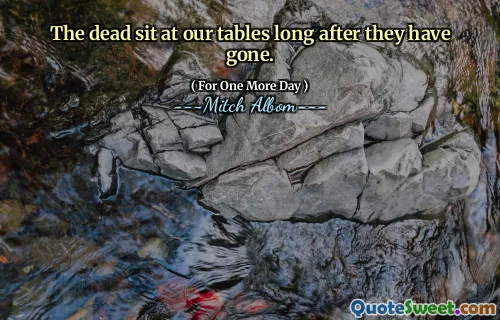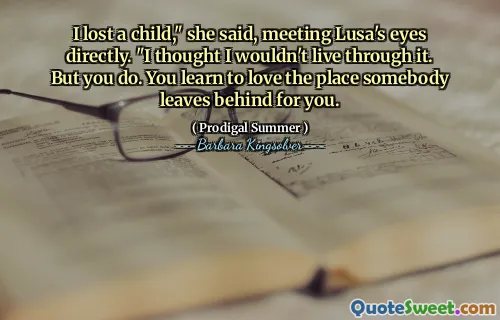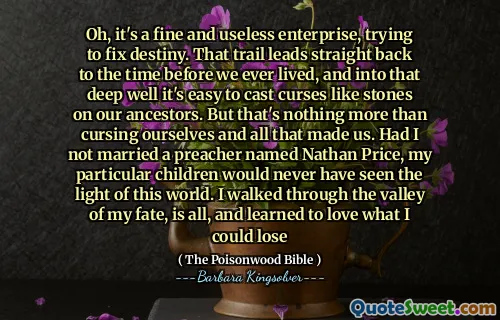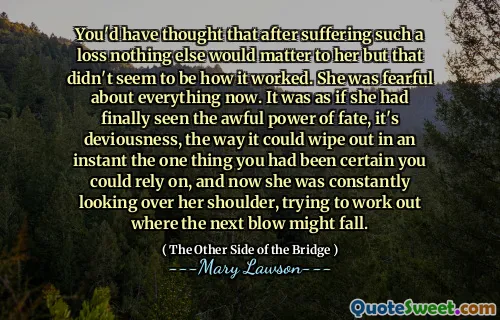
I am always at a loss at how much to believe of my own stories.
This quote captures the fragile nature of personal perception and the often blurry boundary between reality and imagination. It resonates deeply because it highlights a universal human experience—questioning the veracity of our own perceptions and narratives. Our minds are repositories of stories, memories, and interpretations that we use to understand ourselves and the world around us. However, these stories are not always straightforward or completely truthful; they’re filtered through emotions, biases, and sometimes distortions caused by time and perspective. Recognizing this uncertainty can be both unsettling and liberating, prompting individuals to reflect on the foundation of their beliefs and memories. We may cling to certain tales for identity or comfort, yet the awareness that our stories can be unreliable fosters humility and encourages openness to revising our understanding. Moreover, this dilemma underscores the importance of critical thinking and self-awareness in cultivating authentic self-knowledge. It prompts a fascinating contemplation on whether we can ever fully know ourselves or if we are forever navigating a landscape of partial truths and constructed realities. Embracing this ambiguity can lead to greater empathy — for ourselves and others — acknowledging that everyone constructs their own narratives that may sometimes bend or distort truths. Ultimately, this realization invites us to stay curious and humble about our interpretations and to appreciate the complex process of self-creation and understanding.










